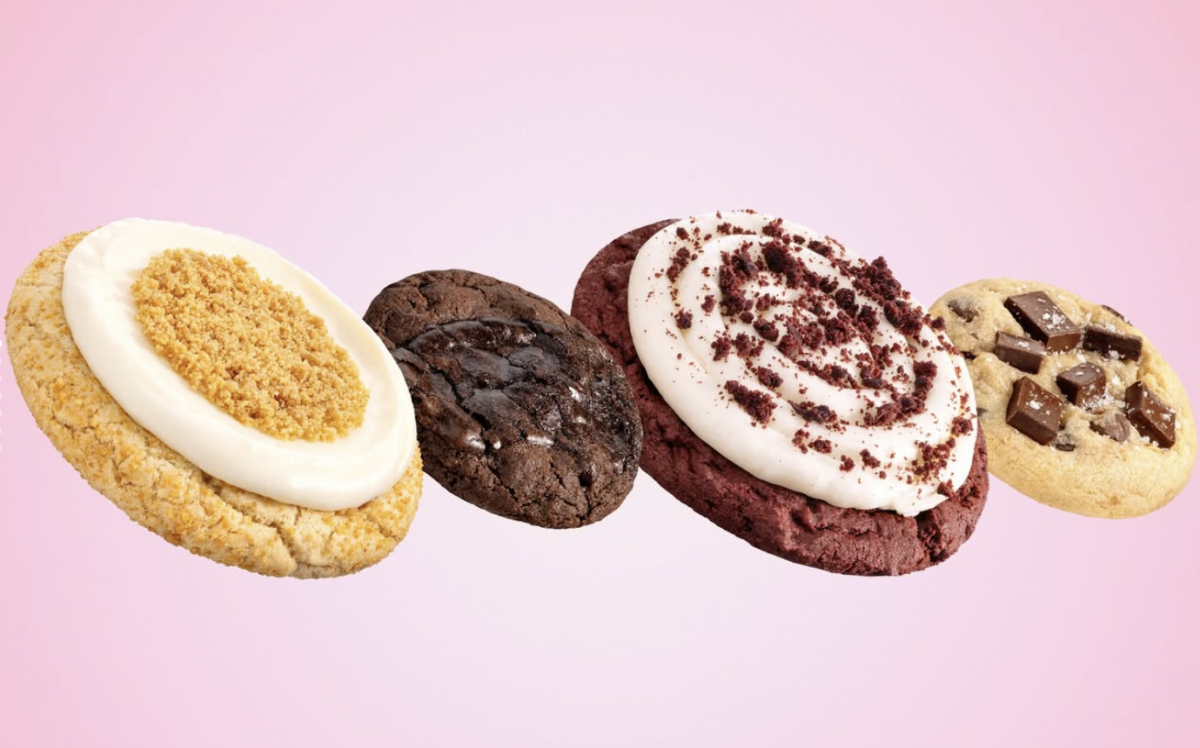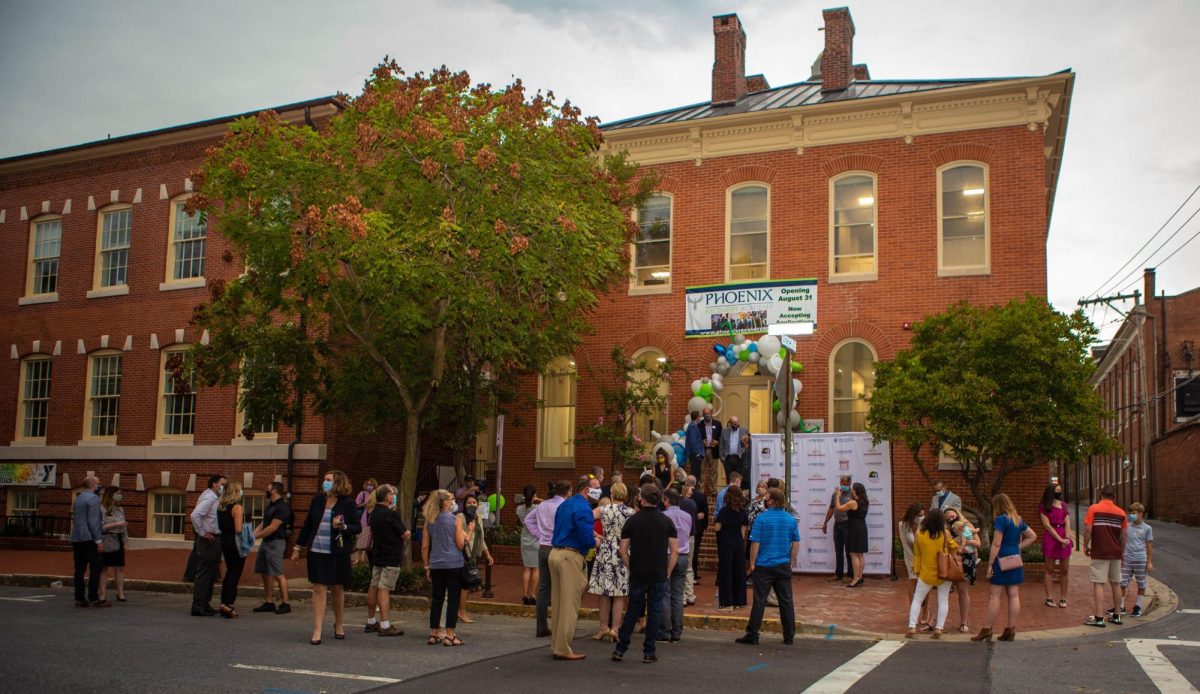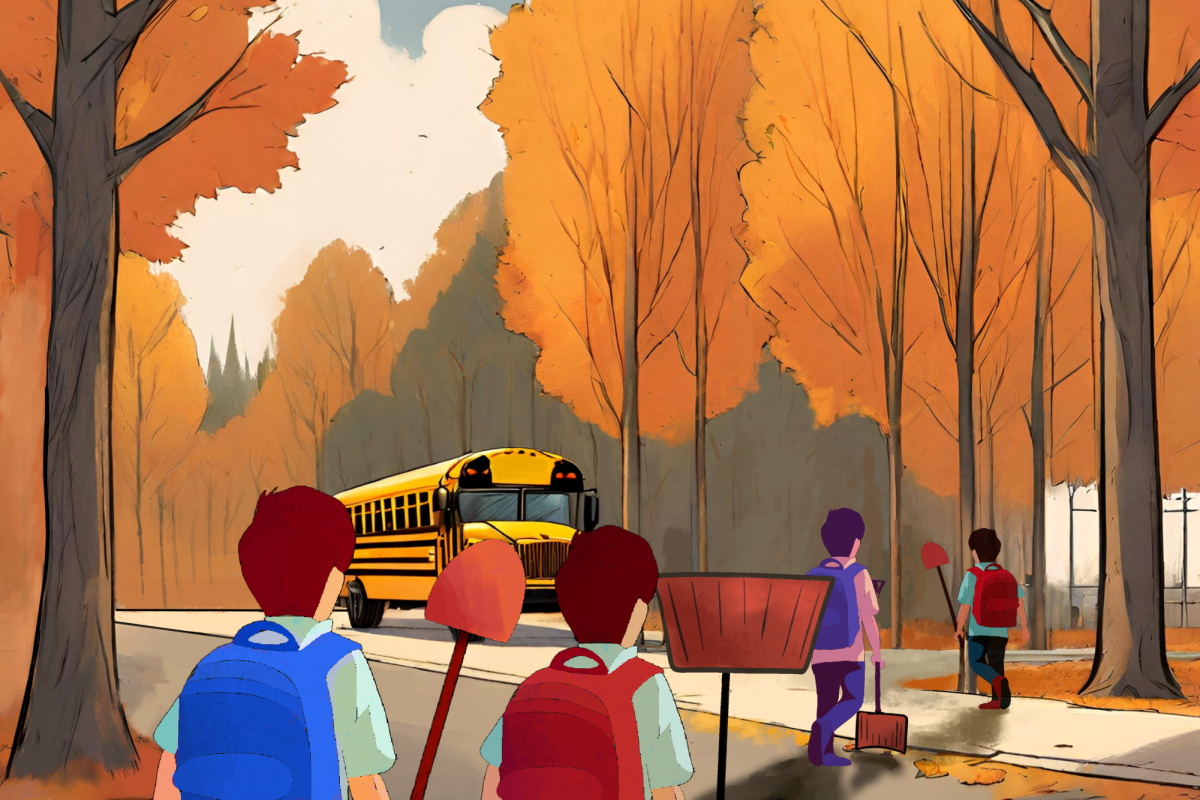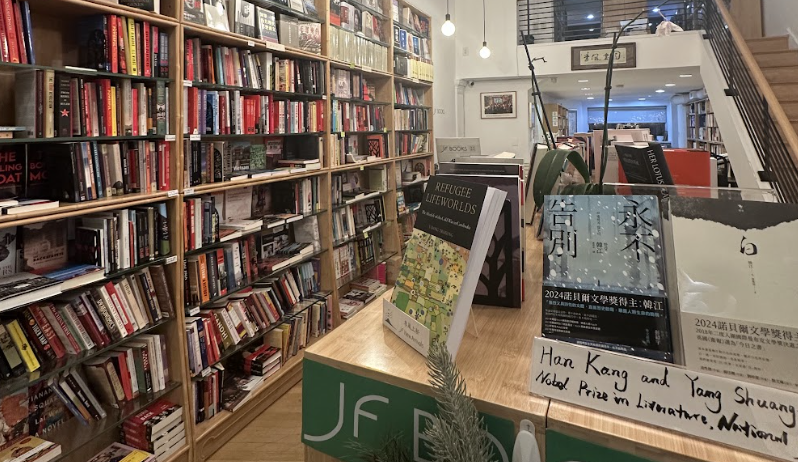Streaming platforms and digital downloads have made listening to music more convenient than ever, allowing entire music libraries to be carried on devices that fit in the palm of your hand. But to many people’s surprise, vinyl record sales are on the rise. There’s also an even bigger shock: young adults and teenagers are some of the main supporters of this retro revival movement.
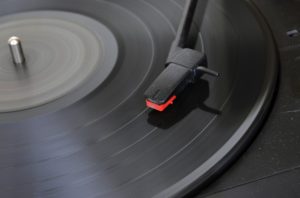
According to the Nielsen Music Report, vinyl sales increased by 52 percent in 2014 and made up six percent of all physical album sales. While this number may seem insignificant, record sales have grown an astounding 260 percent since 2009.
As the vinyl industry has grown, the whole experience that accompanies hunting for, playing and listening to records, an experience much of our generation doesn’t even know about, has also become more popular. For the average listener, there isn’t much of a difference between analog and digital sound. But for experienced vinyl listeners, the difference in sound quality and warmth is audible.
“It definitely feels more authentic listening to a record spinning on a turntable, especially because it takes more effort than pressing a button on your phone,” junior Rachel Hazan said. “I also think the song fills the room more.”
From discovering new records to playing them on a turntable to keeping them in good condition for years after, virtually every aspect of listening to vinyl is more labor-intensive than the efforts required of digital alternatives.
Instead of tapping the ‘purchase’ button on a phone, you have to locate and go to a record store to find the particular albums that you want. Photography teacher Michael Seymour collected records as a hobby and to DJ with in college, and cherished the extra effort needed to collect and listen to vinyl.
“It was so exciting, the store owners would call you ‘Oh, I just got the latest so-and-so in, you could come down, I’ll put one aside for you,’” Seymour said. “You’d develop a relationship with them and would go in and pick up your stuff. I miss that—that was the best part.”
Record stores, with classics blasting from turntables and walls covered with posters, are music oases for vinyl supporters to hang out and discuss their favorite artists or albums. Having a physical storefront creates a social experience that is difficult to get from a smartphone, providing a place for you spend time flipping through rows of records and talking to fellow audiophiles as you carefully choose what to listen to.
According to music enthusiasts, much of what makes vinyl appealing is intangible, inexplicable and enhanced by nostalgia. This nostalgia extends to other vintage music players, like Walkmans and 8-track tapes.
“It’s cool again, especially for hipsters,” English teacher Nicholas Confino said. “Part of the hipster culture is doing something that’s against the mainstream and different. If everyone is listening to Spotify, I’m going to listen to vinyl because it’s old, and it makes some people feel like they’re better music fans.”
Vinyl is physical and personal: you can to touch, collect, and trade records. The same enthusiasm about physical art applies to books and photography. While e-books may be more convenient, some would argue that you lose the satisfaction of turning the page, or accessorizing a novel with a favorite bookmark. Film photography and Polaroids’ tangibility means that you can make a photo that is able to be put in an album or on a wall, whereas most pictures on a phone are rarely printed or given a second look once they’ve been posted on social media.
With digital albums and music streaming you can be instantly and conveniently gratified, but you lose the experience of physically picking out a new or well-loved record. Vinyl critics argue that the inconvenience is not made up for in music quality. But long-time listeners say that the sound of vinyl has soul and depth incomparable to that offered by tinny phone and computer speakers.
“You lose the experience and the feeling with digital. You go and plug in headphones versus choosing a cherished record, blowing it off, and just enjoying it,” Seymour said. “It’s more meaningful.”




